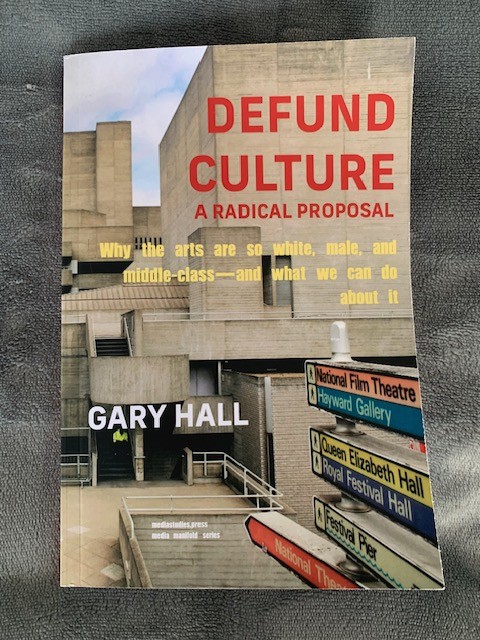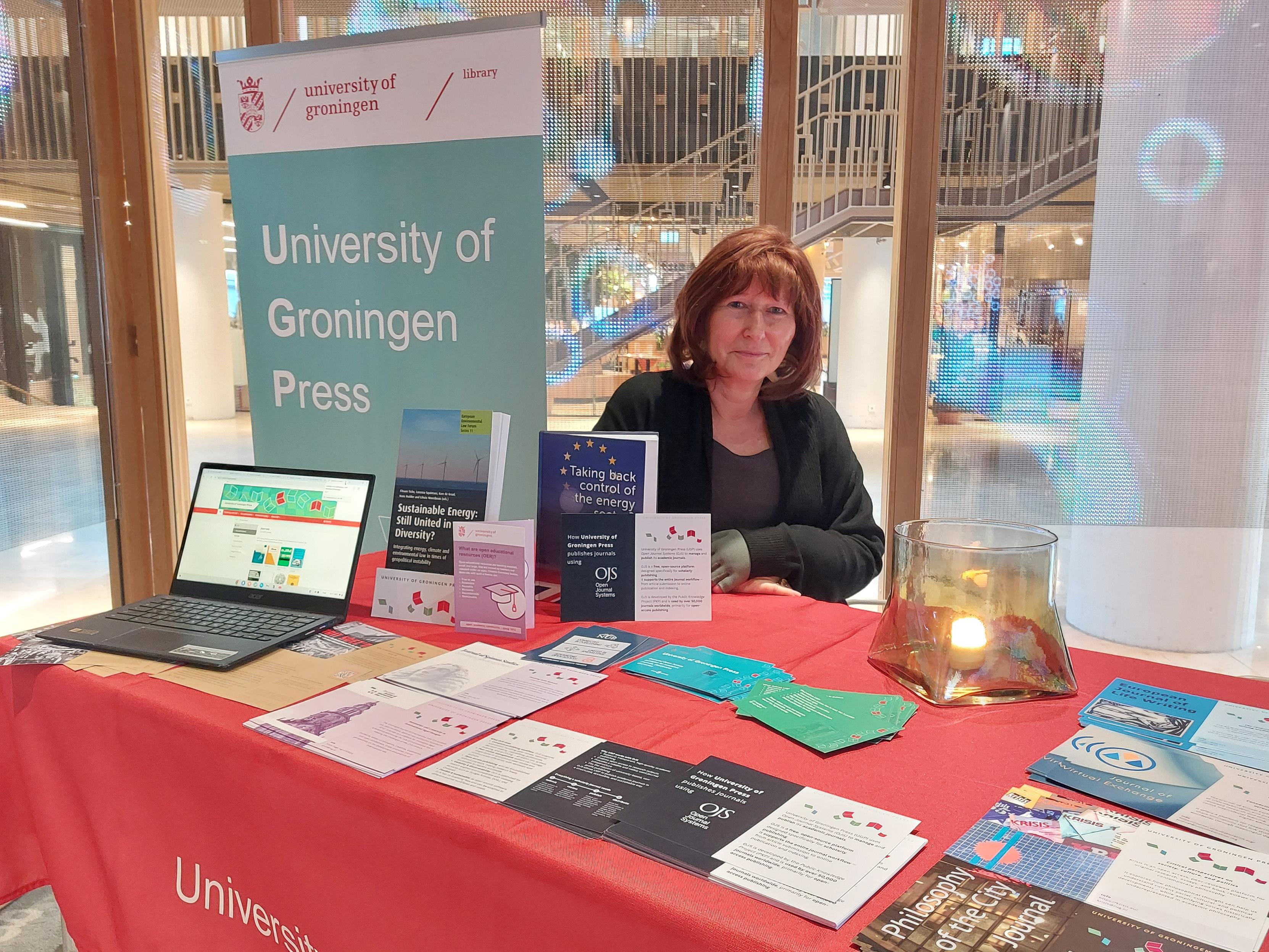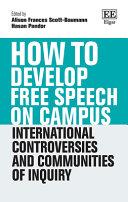The print copes of Defund Culture: A Radical Proposal arrived today:
https://www.mediastudies.press/defund-culture-a-radical-proposal
The #book is published by mediastudies.press, and is available #openaccess under the CC4r (Collective Conditions for Re-Use commitment), so you don’t need to pay to download and read a copy.
It's also feels particularly timely in light of recent discussions around #class and #representation including the Class Ceiling report that came out the other week:
https://www.riseassociates.co.uk/downloads/ClassCeiling-Digital.pdf
And the #BBC review by Anne Morrison and Chris Banatvala, which highlight how it remains London-centric and skewed towards #middleclass
https://www.bbc.co.uk/aboutthebbc/documents/thematic-review-of-portrayal-and-representation.pdf
#culturewar #classwar #ClassCeiling #DefundCulture
#ArtsAndCulture #WorkingClass
#media #london #universities
#he #academic #academia









